It’s such a simple idea couched within that easy question.
What would a wise person do now?
 It is the overall theme of Part 1 of the School of Practical Philosophy’s five-section course of instruction in workable wisdom. That’s practical philosophy—the lessons deal in What Is, and not the speculative What If.
It is the overall theme of Part 1 of the School of Practical Philosophy’s five-section course of instruction in workable wisdom. That’s practical philosophy—the lessons deal in What Is, and not the speculative What If.I am winding down my first term as a student in the School, with a penultimate class this evening and the final class next Friday at the School’s townhouse on East 79th Street. I have decided, without any hesitation, to proceed into the second course, aptly named Part 2, which will begin in late September and run into early December. While I have promoted hundreds of events over the years, and encouraged Magpie readers to attend them, it’s very rare that I push membership in any group, but the School of Practical Philosophy surely would be of interest to anyone who regularly reads this website.
Part 1 is a fast-moving pastiche of disparate topics. It is introductory, geared to touch on ten ponderous, vital techniques of realization. At their root is Plato’s hopeful belief that wisdom is innate within each of us, and the lessons clear pathways in the mind by imparting exercises that compel wisdom to triumph over equally instinctive obstacles (e.g., ego, emotions, negative feelings, desires, et al.) so that a state of higher consciousness can be attained and can become one’s default setting in every waking moment. It’s about attaining a state of being, not just a state of mind.
I suppose that is too ambitious after only the introductory ten weeks, but after eight Friday nights, I do not doubt that after assiduous study through the five courses it is attainable, and I expect to work my way through to the end. (I should mention there are no exams or quizzes. You learn because you want to learn.)
It would be wrong to reveal details of the School’s proprietary instruction, and it is not my job to intrude into their marketing, but just to share a bit of what we have covered these past weeks, I’ll explain a little.
In any explanation of the School, it is necessary to begin with The Exercise, a multi-stage, yet silent and motionless, process that arouses one’s waking consciousness. Again, I won’t give it away, but it is an activity of the mind—not to be confused with meditation, which is something else—that focuses on the five physical senses to squelch the confusions, distractions, stresses and other externalities that actually cause us to go about our day in a state of “waking sleep,” meaning we can be engaged in our usual daily activities without being fully mentally aware.
It works. And it is something worth undertaking more than once a day—as an antidote whenever the concerns and employments of the world threaten to lessen our ability to be fully awake.
Some of the principal principles of Part 1:
What would a wise person do now? – It’s so deceptively simple. This uncomplicated idea, when put into practice—again, remember this is about practical philosophy—can have the result of changing you. Had I the presence of mind to ask myself this question earlier in life, I could have avoided all manner of trouble and aggravation countless times. What would a wise person do now? It applies to any occasion. Try it.
My word is my bond. – You say you’ll meet your friend at eight o’clock, but you don’t arrive until 8:20. Every time. It’s not a superficial tic. It is a discrepancy between who one claims to be, and who one is. And of course it is a principle that applies to far more serious matters.
Whoever or whatever is in front of you is your teacher. – As observation is the primary method used in the course, we are to practice approaching life with an open mind, and we begin to see more clearly what is true and what is not true.
What you give your attention to grows. – In the process of waking up, there are only two useful states of attention: Attention Open, where the attention is not caught by anything in particular, but open to everything in general; and Attention Centered, where the attention is focused on one thing with great clarity and precision. Choice is possible only when we begin to wake up.
There are many more. You get a few of these principles and practices each week.
In addition to schools located around the country, the School of Practical Philosophy offers distance learning. Whichever your choice, go for it. I cannot imagine anyone regretting it. It is a wise thing to do.








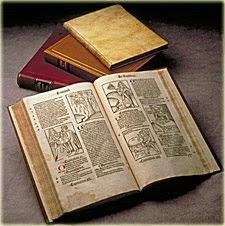


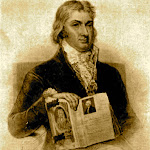
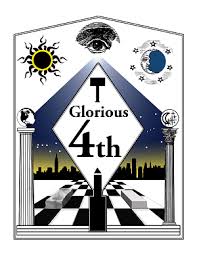



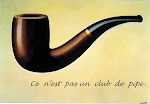
















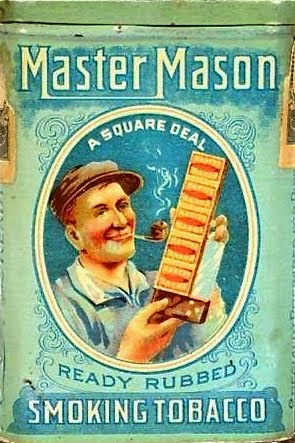

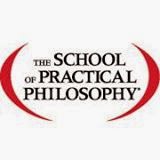
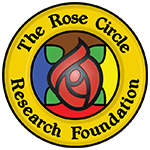

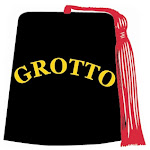








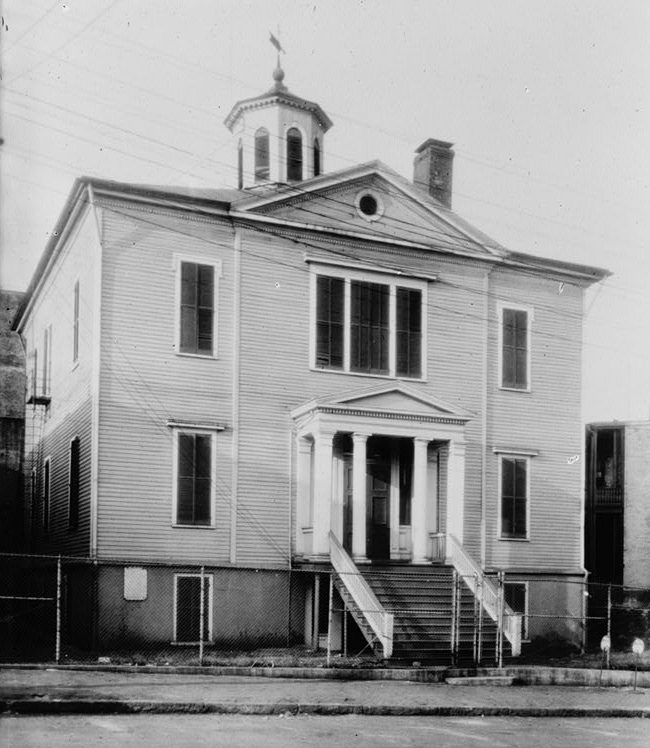
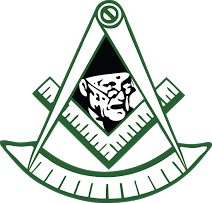




No comments:
Post a Comment